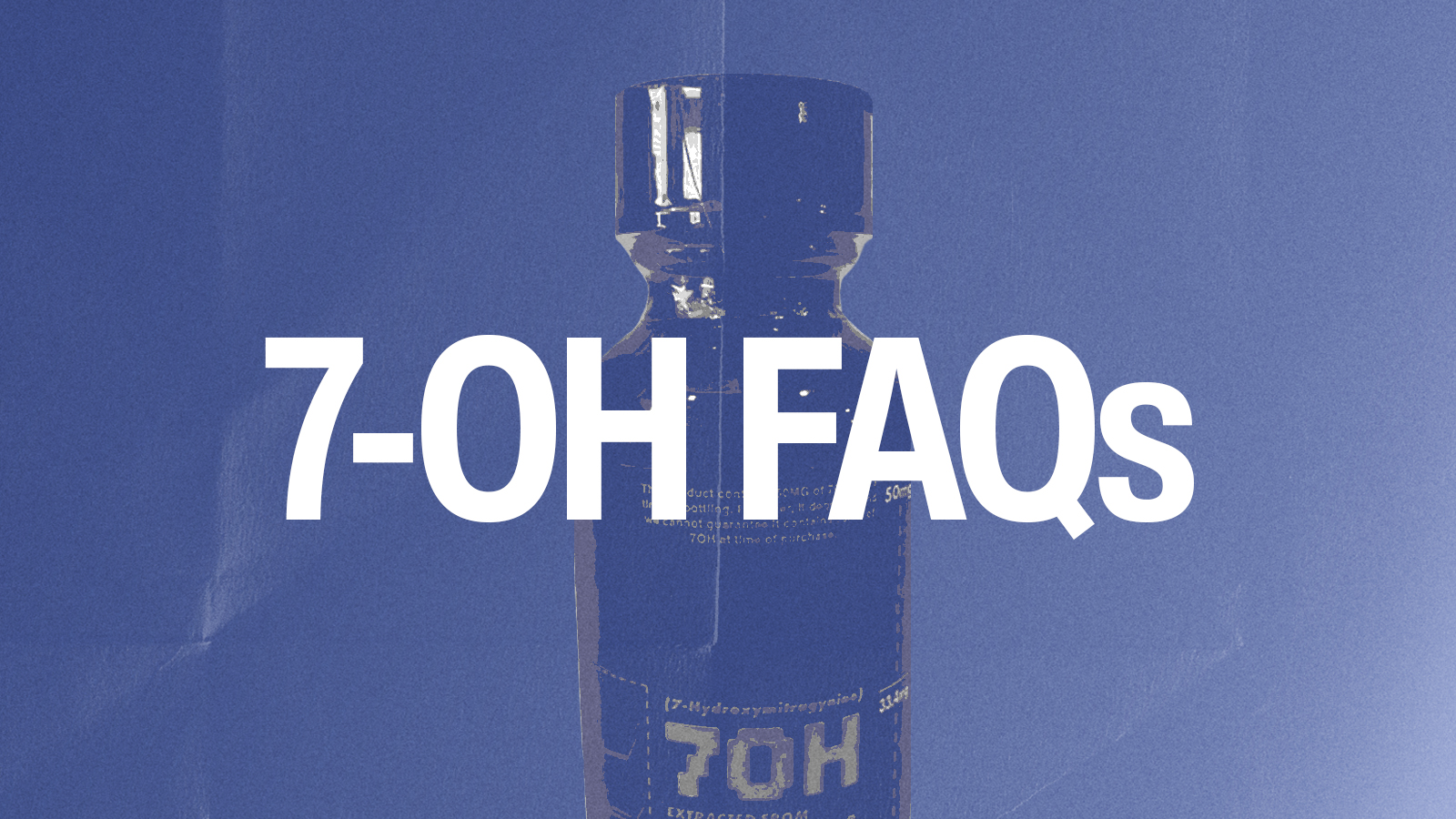The stigma around addiction has softened over the years but it still exists, especially when it comes to opioids. It is safe to say that much of the public is more interested in reading sensationalized stories about the travails and demise of addicted individuals than they are in helping to pull those who suffer out of the mire. And the truth is that individuals addicted to opioids spend more time suffering than enjoying a high. Many people with Opioid Use Disorder (OUD) wish to be free of their struggle, but are not able to access treatment because of several barriers. A barrier that nearly everyone with OUD experiences is society’s misconceptions about the disease and the stigma that is associated with addiction.
Stigma can prevent people from seeking treatment. A current Ophelia patient said that if they go to parts of town where Suboxone (a drug used to treat OUD) is prescribed, then People label you as an “addict” and there's a stigma and judgement about it. I get none of that at Ophelia.** The online format of Ophelia allows patients to access treatment when doing so in person could cause them to be unfairly judged.
For some individuals who are addicted to opiates the stigma can cost them their lives- delaying treatment can result in premature death. For many people with OUD, the first step to reducing the risk of overdose is to start treatment with medication such as buprenorphine. The medication helps mitigate craving and withdrawal so people can start rebuilding their lives.
The Ophelia model originated from this desire to make treatment more accessible. Below are some examples of ways in which Ophelia is working to remove barriers to treatment:
Barrier to access #1: I can’t find a provider- only 5% of clinicians are certified to provide buprenorphine.
Ophelia's Response: Ophelia hires medical providers (NPs, PAs and MDs) that are certified to provide buprenorphine.
Barrier to access #2: I don’t need medical treatment because addiction is a personal weakness and not a medical disease.
Ophelia's Response: Our clinicians and staff provide Medication Assisted Treatment because it is the only clinically proven treatment for OUD.
Barrier to access #3: I don’t want people to see me walking into a clinic and labeling me an “addict”.
Ophelia's Response: Ophelia utilizes telemedicine to create a private space for treatment.
Barrier to access #4: When I've tried to seek help I've felt ashamed and embarrassed.
Ophelia's Response: A central aspect of Ophelia is that we treat all patients with empathy to eliminate shame and encourage healing.
Barrier to access #5: I don’t want to be on medication since recovery is just about “getting clean”.
Ophelia's Response: Our team understands that just like any other chronic medical illness, sometimes medication is a necessary treatment. Ophelia also sees recovery as a goal that is holistic and can vary from person to person.
Barrier to access #6: I can't afford to use my time to drive to a clinic and attend required groups/therapy.
Ophelia's Response: Ophelia knows that many of our patients lead busy lives- our only treatment requirement is to meet with your prescribing clinician, all other support is voluntary.
Many people with substance use disorder have experienced one or more of these barriers to access. Ophelia is working to change the narrative around OUD treatment and save lives. We firmly believe that addiction is a chronic medical disorder and that patients need treatment that is appropriate, available, attractive, de-stigmatized, and accessible. OUD is a disorder that can be managed, like diabetes or hypertension. It would be unjust not to provide medication, long-term management, education, and support to individuals who need these things to survive.
**Paraphrased from a patient interview.
Sources




.png)
